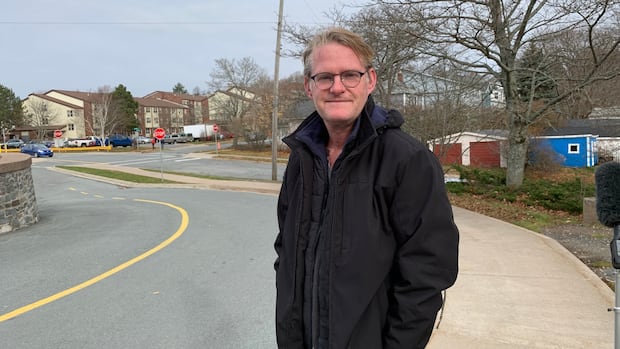Q&A: Expert with Truro-based centre talks about working with domestic violence offenders

The Nova Scotia government’s declaration of domestic violence as an epidemic in the province has brought attention to the issue of deadly intimate partner violence. In the past four months, there have been five high-profile cases of such violence, with the most recent incident involving a murder-suicide in Mahone Bay.
In response to this alarming trend, organizations like Bridges Institute in Truro have been working to rehabilitate individuals who have been violent in their intimate relationships. Tod Augusta-Scott, the executive director and lead clinical therapist at Bridges Institute, has been in the field for 30 years and shared insights into the work they do with abusive partners.
Clients at Bridges Institute typically come voluntarily, seeking help to improve their relationships and address the challenges they face. Some are referred by others who have gone through the program, while others are mandated to attend by the courts or child protection services. Regardless of how they arrive, the main goal of therapy is to create safety, repair harm, and challenge harmful ideas and behaviors.
One of the key challenges in working with abusive individuals is helping them identify and address unresolved trauma and unhelpful gender ideas that contribute to their abusive behavior. By engaging in conversations about values, respect, and the kind of relationships they want, clients can begin to make positive changes in their lives.
A method that has shown success in undoing past trauma and creating new patterns is helping clients differentiate between past experiences of violence and their current relationships. By unpacking these experiences and helping clients separate past trauma from present relationships, progress can be made towards preventing future violence.
While there may be some individuals who are resistant to change or struggling with mental illness, the majority of clients at Bridges Institute are capable of change. By focusing on emotional abuse, creating safety, and repairing harm, relationships can be improved and the cycle of abuse can be broken.
As the death toll from intimate partner violence continues to rise in Nova Scotia, organizations like Bridges Institute are working tirelessly to turn the tide of abuse and provide support to those who have been violent in their relationships. Through therapy, education, and support, individuals can begin to heal and build healthier relationships for the future.




